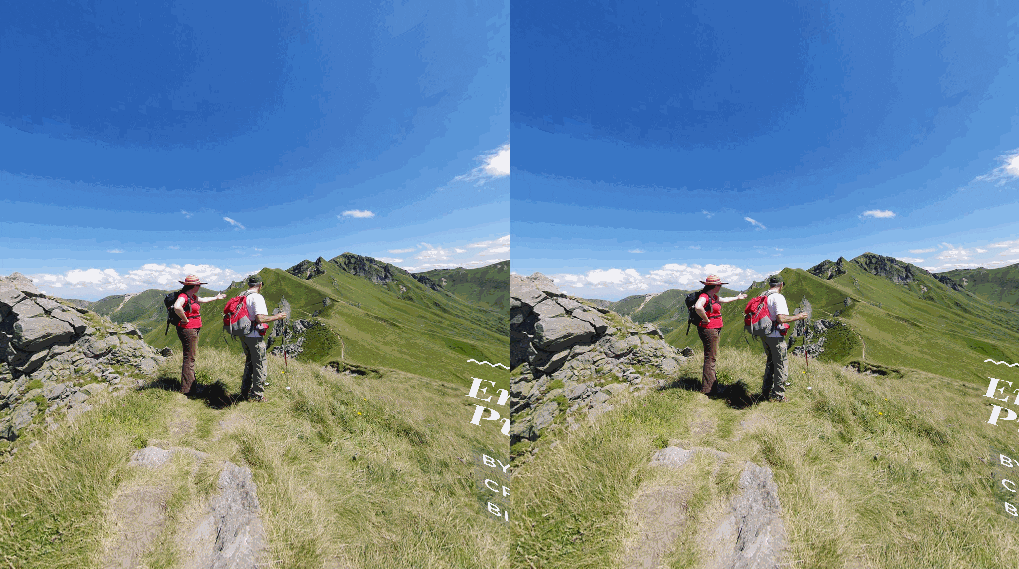Mozilla to add Virtual Reality to its Firefox browser
Earlier Mozilla had brought out a limited version of Firefox for virtual reality web apps, which could be experienced through Oculus Rift, a head mounted VR headset. Earlier this week, support for WebVR also landed in Firefox’s Nightly and Developer Edition release channels.
Last summer ,Mozilla’s Josh Carpenter said that the company knows that “achieving VR is really a big deal and it  presents a great challenge- so we accept great challenges.” To give users a feeling of being in a really different and virtual world, you need to get the latency between head movements and the screen reacting to them down to an absolute minimum. Mozilla also said that, the company motto is not just only to benefit the VR experience, but also the web experience as a whole.
presents a great challenge- so we accept great challenges.” To give users a feeling of being in a really different and virtual world, you need to get the latency between head movements and the screen reacting to them down to an absolute minimum. Mozilla also said that, the company motto is not just only to benefit the VR experience, but also the web experience as a whole.
Mozilla is going full steam with the developmental support to WebVR, which is basically an API that will make it easier to link browsers to virtual reality headsets. Though it is still in it’s early stages, Mozilla says that WebVR API is not that stable as of now. Chromium- the open source web browser which Google Chrome, is also working with this, so Google may also support WebVR API and bring some robustness to it.
The concept of introducing VR is really amazing but challenging too. Virtual reality in any website you visit? Perfectly futuristic. The challenges involve synchronizing your head movements with the screen responding to them. The reaction time between the two should be as low as it can go. The team at Mozilla believes that WebVR will enhance the web experience, as a whole.
How effective will it be, and how many people are actually going to want to use and experience virtual reality in their browsers, will be a matter of concern.
For now, the new Firefox builds supporting VR only work with the Oculus Rift, but Mozilla has planned to add built-in support for Linux, Firefox for Android and Google’s Cardboard.
In a blog Mozilla said –“I’m not completely sold on the idea that the browser is the best place for experiencing virtual reality, but there is something that can be told towards approach of creating an open ecosystem that could side-step the walled gardens of the different VR vendors in the long run. For now, achieving that feeling of presence greatly depends on getting the lag down and even if we manages to get JavaScript performance even closer to native speeds, native VR apps will always be just a little bit better.”
Mozilla hopes to take the Internet users experience of surfing futuristic virtual world a reality in not so distant future.


